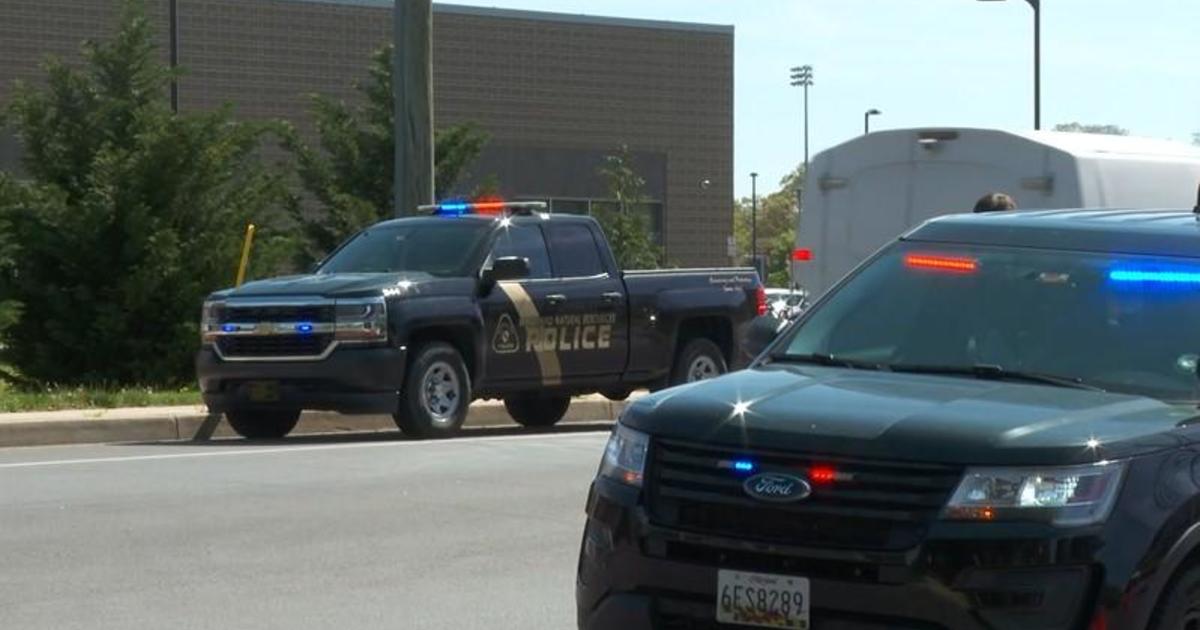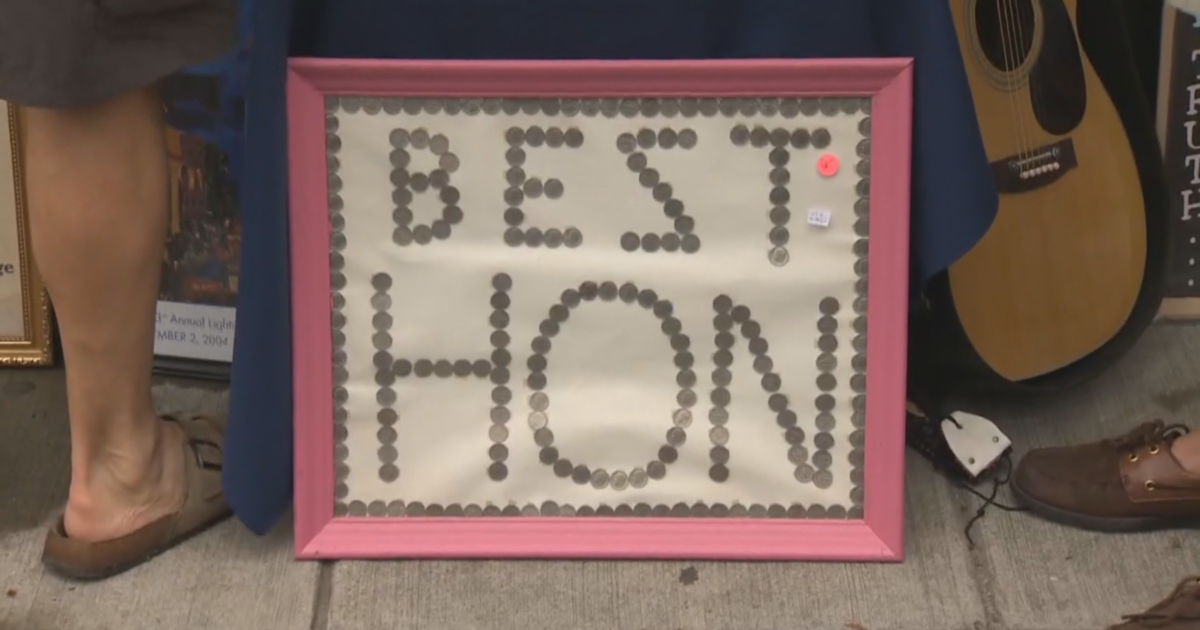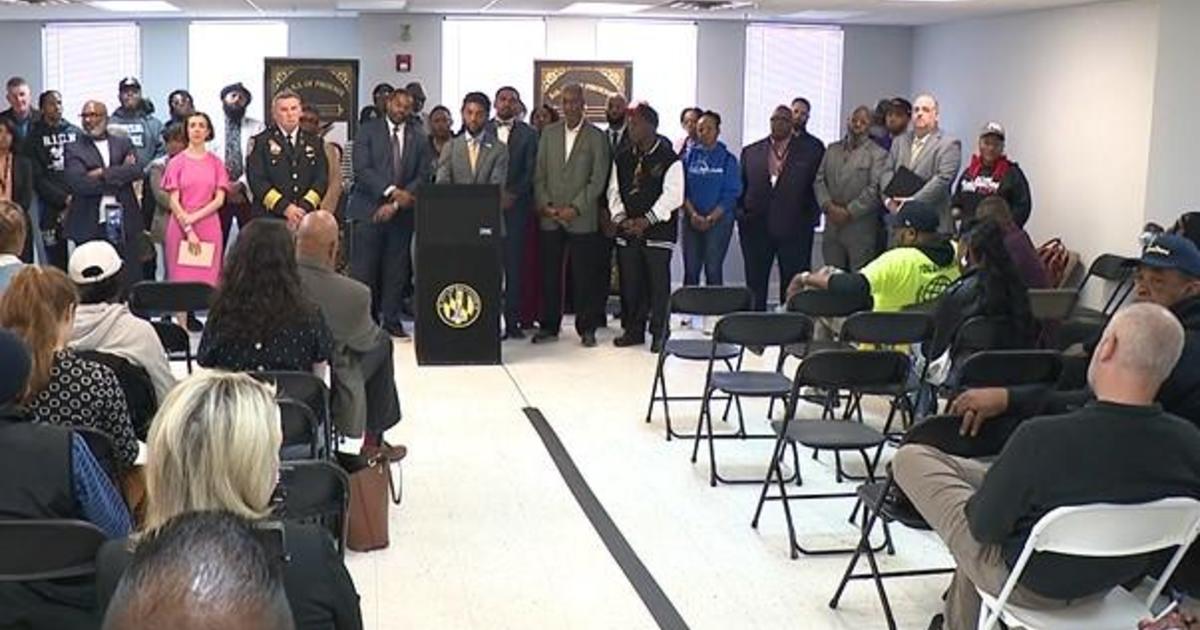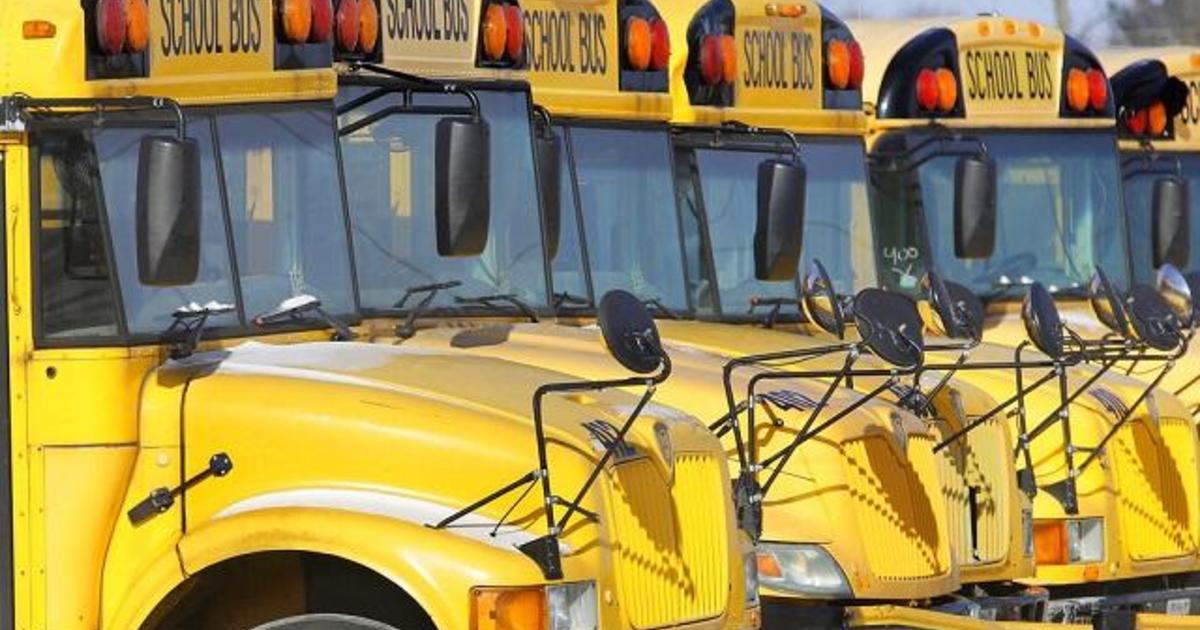New Policy Gives Principals More Say Over Which Students Are Suspended
BALTIMORE (WJZ) -- A new code of conduct in Baltimore City schools gives principals more control over suspensions--even for zero tolerance violations like weapons on campus.
Gigi Barnett has more on the mixed reactions from parents and principals.
Should every student who violates the student code of conduct be suspended? That's the question school leaders looked at. Now they want principals to look at each violation on a case-by-case basis.
Back in March, Anne Arundel County school leaders at Park Elementary suspended second-grader Josh Welch for shaping a pastry into a gun. The zero tolerance discipline made national headlines.
"It wasn't a big deal to him. He figured it could go 'Bang, bang.' He was just playing around," the boy's father, William Welch, said.
Now city school leaders are changing their student code of conduct and giving principals more control over who gets suspended. Before, if a student brought toy guns, water guns, mace or butter knives to school, they were automatically out.
"I truly believe a principal should have discretion to determine whether a child should be suspended."
But Administrative Union President Jimmy Gittings, who represents the principals, says the new code is too vague. He fears a relaxed code could open the door for more weapons on campus.
"Some of our parents, I hate to say it, might allow their child to bring a knife to school. And a child with a switchblade, I don't care if that child is in the 1st grade or the 12th grade, it is a deadly weapon," Gittings said.
Now that principals have more say over discipline, they also have more options. Instead of automatic suspension for some rules, now they can call in parents and talk to them first.
"Each situation is definitely unique," said Jean Heller, parent.
Parents who talked with WJZ about the issue had mixed reactions.
"Unfortunately, we're in a society where guns are too prevalent. And that has to be a zero tolerance policy," said one.
Over the years, school leaders have been trying to look at each violation on a case-by-case basis more often because they believe fewer suspensions mean more students in class.
The new policy was not reviewed by parents or the school board.



